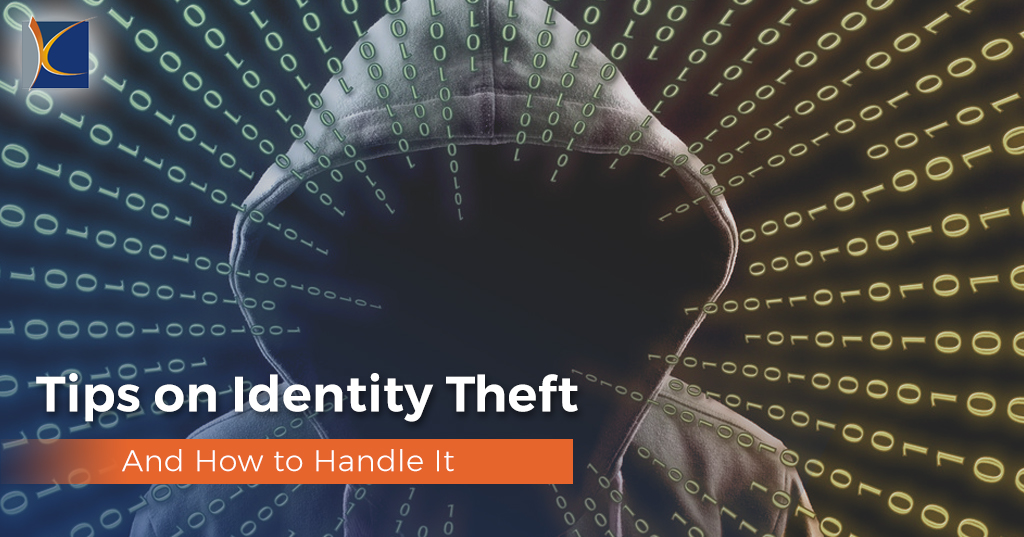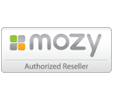
IdentityTheft
Tips and Frequently Asked Questions About Identity Theft
Posted on August 14, 2018 in Uncategorized
Many people don’t understand how common identity theft is — much less what puts them at risk, or how they’d know that their personal information has been compromised. Read on to learn the answers to some frequently asked questions about identity theft: what it is, its signs, how to prevent it, and how to respond.
What Is Identity Theft?
Identity theft is the use of someone else’s personal information for personal gain. That personal information can take any number of forms, from your social security number or taxpayer ID, to your medical information, to your bank or credit card information.
With this data, criminals can engage in a wide range of activities. They can take out lines of credit, drain your bank accounts, charge your cards, claim your tax return, and even sign up for insurance in your name.
How Common Is It?
Unfortunately, identity theft is extremely common. The U.S. Bureau of Justice Statistics estimates that in 2014, 17.6 million Americans over the age of 16 were victims of identity theft.
Keep in mind that the actual numbers are likely much higher. Anyone can be a victim of identity theft, not just teenagers and adults, and some parents have even said their children have been victims. What’s more, many companies have seen an increase in actual and attempted data breaches in recent years.
The vast majority (about 86%) of identity theft targets bank accounts or credit cards. However, all types are on the rise.
What Are the Signs of Identity Theft?
dentity theft can be very hard to detect. Some people may not know their identity’s been stolen until they file for their taxes, or apply for a loan.
Signs your identity may have been compromised may include:
- Unusual information on your credit report
- Unexpected withdrawals from your accounts, or charges on your credit or debit card
- The IRS responding to your tax returns by saying you’ve already filed
- Receiving an explanation of benefits from an insurance company you aren’t signed up with
- A company telling you their data was breached, or your account has been hacked
How Can I Protect Myself?
Unfortunately, there’s no completely foolproof protection against identity theft, especially when doing business online. But here are some tips to make identity theft far less likely:
- Shred your documents. A surprising number of everyday documents and mail contain personal information, and shouldn’t just be thrown away.
- Use cash whenever possible. Every time you use your credit card, you’re at risk of skimming and other scams.
- Track your credit score, and watch your accounts. While automatic fraud detection is improving, it’s not perfect. By monitoring your bank and credit score, you’ll be the first to notice when something’s wrong.
How Should I Respond to Identity Theft?
First, begin by changing passwords, freezing your credit, and placing a fraud alert. This will block further access to your identity.
Next, report the fraud. The FTC takes reports of social security fraud, while the IRS handles tax fraud. You should also notify any companies involved: they’ll be able to help you, and if their systems are breached they need to know.
Finally, begin cleaning up the results of the theft. You may have to dispute some items on your medical history, for instance, or charges on your credit card. Unfortunately, it may take time to uncover everything and respond to it.
Identity theft can do serious damage to your financial and emotional well-being. But by taking sensible steps to protect yourself and your data, you’ll minimize the chances of it occurring, and respond swiftly if it does.










